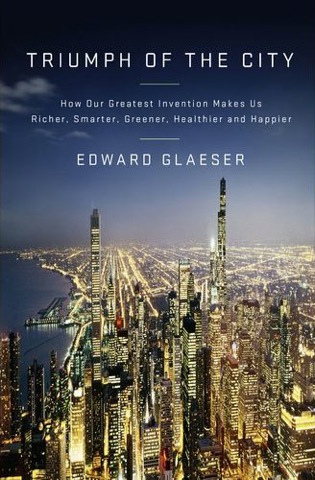The ideas of many urbanologists are heavily influenced by the cities in which they lived or grew up. To defend her mid-rise Greenwich Village neighborhood from “urban renewal,” Jane Jacobs extolled the virtues of such neighborhoods and excoriated both high-rises and suburbs. Many urban planners today, fresh out of college, remember the lively streets of their university neighborhoods and don’t understand why residents of quiet suburbs don’t want to see their own streets turned into such neighborhoods. I myself have been focused by my revulsion to the authoritarian dictates of “smart-growth” planners in my home state of Oregon.
“One’s own tastes are rarely a sound basis for public policy,” says Harvard University urban economist Edward Glaeser. “For the government to mandate a single style of urbanism is no more sensible than for the government to enforce a single style of literature.” While I completely agree with this point of view, his new book, Triumph of the City, is strongly colored by his own upbringing in a 1,300-square-foot high-rise apartment in Manhattan (p. 147).








